The SMMT expects new car sales in the UK in 2021 to total 1.66 million, amid the chip crisis. That’s just 1.9% ahead of Covid-hit 2020 and 38.3% down on the peak year of 2016. Which brands made the best of a bad situation?
Alfa Romeo - down
2020 market share: 0.13%, 2021 market share: 0.09%
The Giulia and the Stelvio are rock-bottom in their respective segments, selling at one-tenth the rate of the major models.
Alpine - no change
2020 market share: 0.01%, 2021 market share: 0.01%
A110 sales are up, thanks to a host of new special editions, but Alpine’s share is still tiny.
Aston Martin - up
2020 market share: 0.05%, 2021 market share: 0.06%
Sales have increased, thanks to the DBX SUV, but Aston is still losing a lot of money (£188m in the first nine months of 2021). It hopes to be making a decent profit by 2024.
Audi - up
2020 market share: 6.61%, 2021 market share: 7.17%
After a bad period in 2018 and 2019 when WLTP homologation issues limited sales, Audi is now back fighting BMW for top spot among the premium brands. The A3 is its star performer.
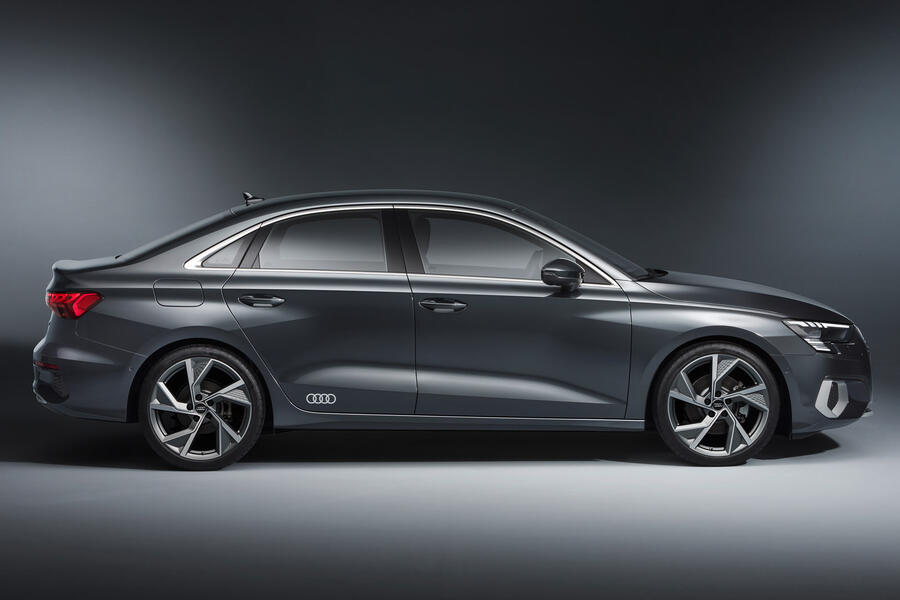
Bentley - no change
2020 market share: 0.08%, 2021 market share: 0.08%
UK market share is steady and Bentley is pretty happy overall – 2021 will see record sales and profits globally.

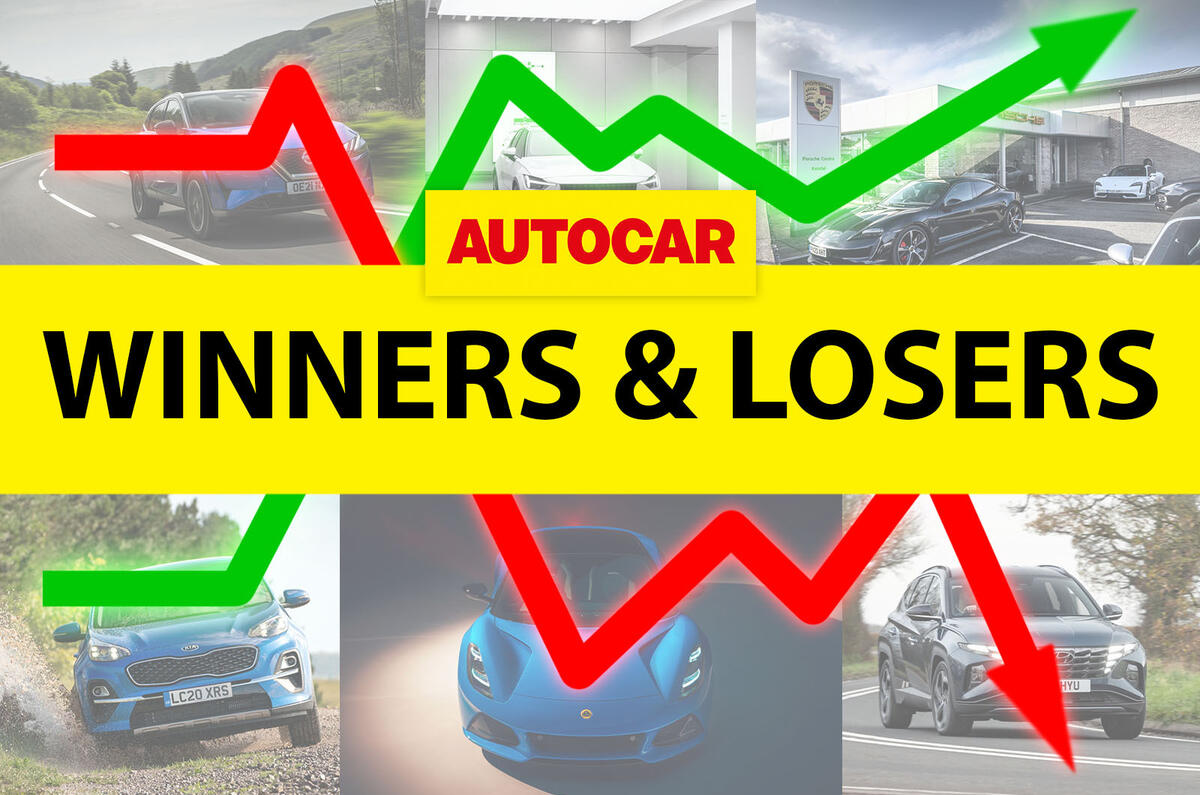






















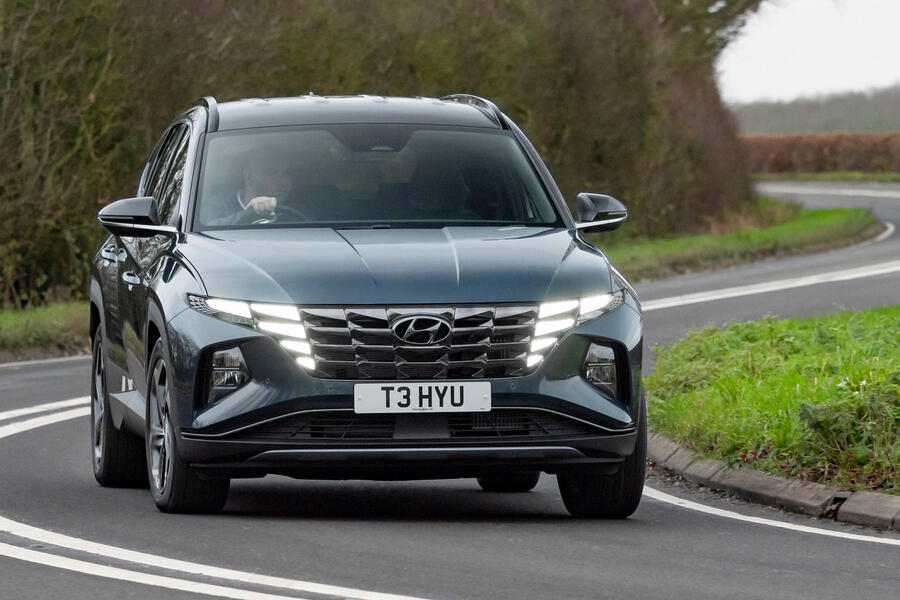
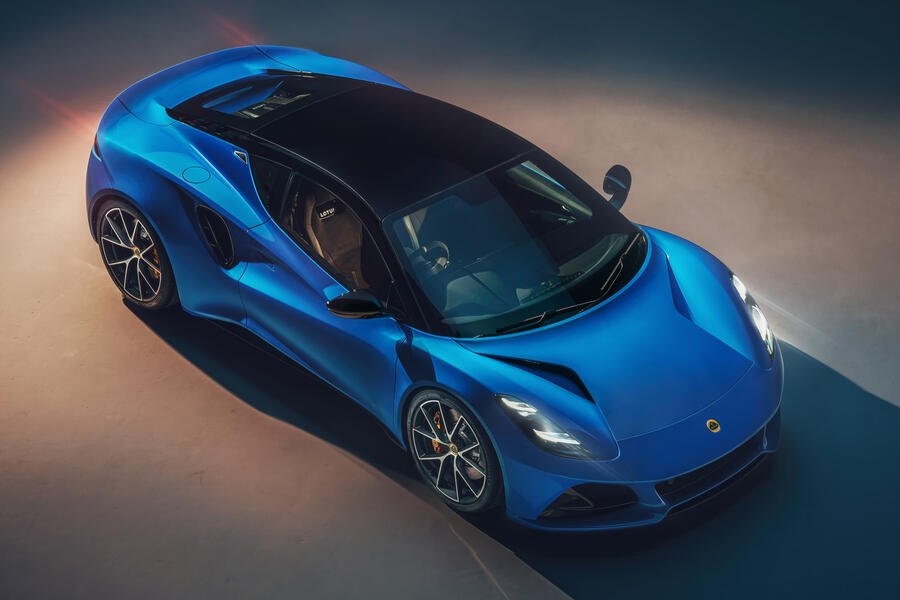
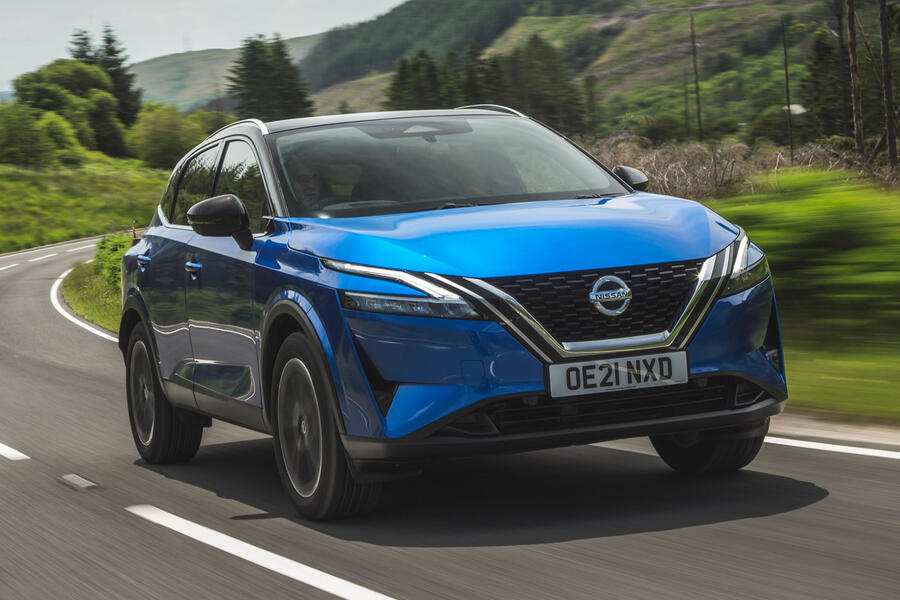
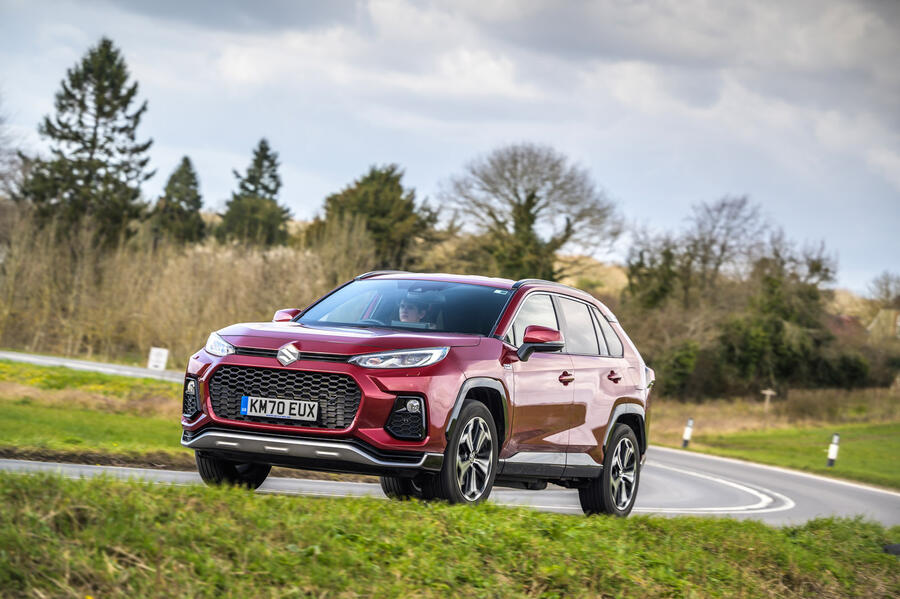
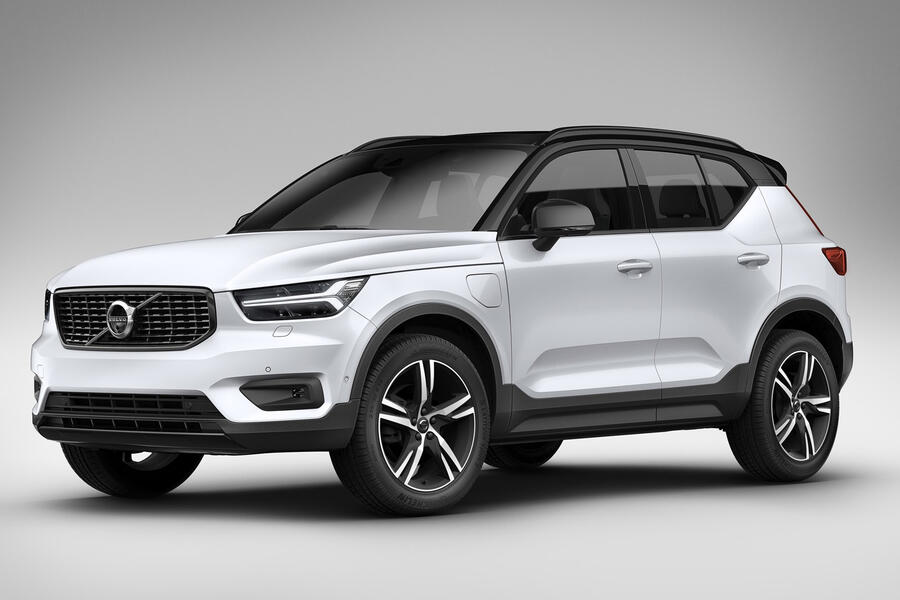


Join the debate
Add your comment
Surely McLaren have sold more cars than Alpine this year but are not in this list at all?
Usual Autocar bias in operation I guess.
It really isn't. Not any longer.
They long since squandered the loyalty that Britain felt for it. Hence its fall from its once lofty position.
Awful performance from Ford with DS and Renault also putting in a poor show, much like their cars, in the UK